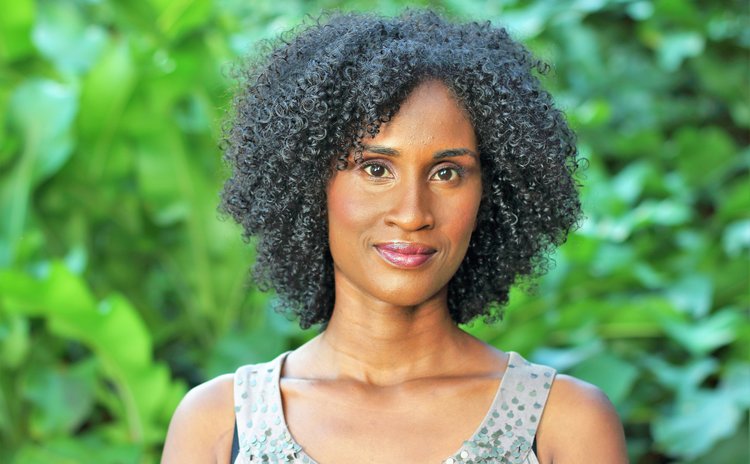Reparations: not too much to ask

The desire for reparations has existed for a very long time and recently seems to have awakened from its dormant phase.
CARICOM established the CARICOM Reparations Commission(CRC) in 2013 and most of the Caribbean islands have their own national reparations committee. Visitations by members of the British royal family are seen as opportunities by many to lay their demands for a formal apology, and reparations at the feet of those who have benefited from the spoils of the Trans-Atlantic slave trade. After all, requesting that such a grave wrong be made right isn't too much to ask.
As much as it's undeniable the wealth, prestige, and power gained by such a crime against humanity, the British government remains hesitant and somewhat defiant in accepting liability for what transpired. Where's the apology?
It was bad enough that the enslaved people were considered property, and, as such not entitled to compensation during the emancipation period, while simultaneously providing more than 50% of the cost of their own emancipation. One wonders do such an ideology persist till now? That men and women of African descent are less than human? The audacity of one group of homo sapiens to declare about another. What if the Europeans are the actual savages and the other races the human beings? Who's to say that isn't the case? By who's standard is civility measured?
The gall of the USA and others, to unjustly persecute Julian Assange for exposing their war crimes, while pointing the finger at others. Their authority is not based on ethics or morals but rather on military, political, and economic strength.
At present 15 countries around the world continue to have the Queen as their head of state such as Canada and eight Caribbean countries - Antigua, Bahamas, Belize, Grenada, Jamaica, St. Kitts and Nevis, St. Lucia, and St. Vincent and the Grenadines. Despite the fact that the head of state is largely ceremonial, in exceptional circumstances, the monarch has reserve powers or the authority to unilaterally override other branches of government. The role is non-partisan and official documents usually bear the royal seal and the Queen's visage featured on local currency.
Though it can be argued that slavery is in the past, its aftermath is far-reaching - readily observed in our poor dietary choices leading to our health crisis where Barbados and Jamaica are considered the "amputation capital" of the world due to their high rates of diabetes.
Chairman of the CRC, Professor Sir Hilary Beckles claimed that "Britain left behind a pandemic of chronic diseases", and stated further, "The Caribbean is the diabetic hypertensive centre of the world…This is because for 300 years the people of this region were forced to consume a diet based on what they produced – sugar."
Reparation justice
The following is the concise version of the 10-point plan for reparatory justice courtesy of the CRC: A full formal apology; Repatriation; Indigenous peoples' development programme; Cultural institutions; Public health crisis Illiteracy eradication; African knowledge programme; Psychological rehabilitation; Technology transfer; and Debt cancellation.
It is refreshing that the CRC is keeping the matter of reparations current. We do hope that reparatory justice can occur in our lifetime as others have already obtained. "The Conversation" published an article online on 18 July 2019, where a comparison was made between the Japanese-Americans receiving reparations and African- Americans who remain dreaming of some semblance of justice.
Rhoda E. Howard-Hassmann who wrote the article was thoughtful enough to list the reasons why the Japanese were successful: "It is much easier to obtain reparations under the following conditions: The number of victims is relatively small; The victims are easily identifiable; Many of the direct victims are still alive; The injustice took place during a relatively short time period; The perpetrator is known; The injustice is easily identifiable; The injustice offends values of equality, personal safety and/or the right to own property; There is a symbolic victim around whom advocates for reparations can rally; The number of reparations asked for is not so large that the public will find it unreasonable."
The article also mentioned a sore recurring distinction, "enslaved African-Americans were also not permitted to own property and were themselves the legal property of others."
Nevertheless, the Caribbean region faces another threat that is creating potentially irrevocable harm for our people. The lack of accountability among our governing bodies and inadequate judicial system. Corruption erodes every facet of our lives by hindering real progress and robbing many of invaluable opportunities. The gall of our politicians to cry for reparations, yet they take notes from the pages of our former oppressors to become our new oppressors. Unjust enrichment is the order of the day, which invariably impoverishes the populace while restricting access to information, justice, and public participation. We offer no peace to our ancestors while we trade our lands and sovereignty for fool's gold.




